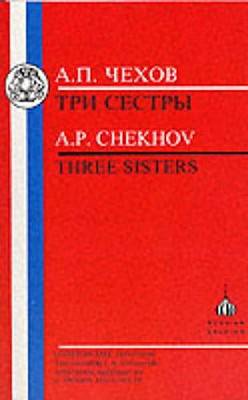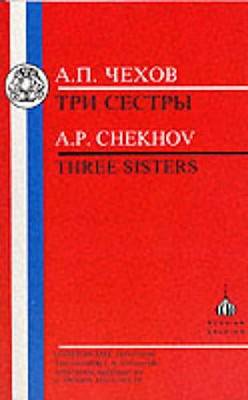
- Retrait gratuit dans votre magasin Club
- 7.000.000 titres dans notre catalogue
- Payer en toute sécurité
- Toujours un magasin près de chez vous
- Retrait gratuit dans votre magasin Club
- 7.000.0000 titres dans notre catalogue
- Payer en toute sécurité
- Toujours un magasin près de chez vous
Description
Chekhov's penultimate play has inspired a bewildering variety of
interpretations - both in criticism and in performance - since its
premiere at the Moscow Arts Theatre in 1901. Tri sestry has
been viewed both as tragedy and comedy, as a testimony for the eternal
yearnings for love, happiness and meaning, and as a devastating
indictment of the folly of inert gentility. Its characters have been
seen as worthy embodiments of the universal 'human condition', or as
passive products of pre-revolutionary Russian privilege. Either way,
the sisters are poignant reminders of human disappointment,
frustration, loneliness and the passage of time. The play remains a
firm favourite with audiences, both in Russia and in the
English-speaking world, and must be considered a fundamental work of
twentieth-century European drama.
Spécifications
Parties prenantes
- Auteur(s) :
- Editeur:
Contenu
- Nombre de pages :
- 128
- Langue:
- Anglais
- Collection :
Caractéristiques
- EAN:
- 9781853995200
- Date de parution :
- 01-01-98
- Format:
- Livre broché
- Format numérique:
- Trade paperback (VS)
- Dimensions :
- 166 mm x 216 mm
- Poids :
- 154 g

Les avis
Nous publions uniquement les avis qui respectent les conditions requises. Consultez nos conditions pour les avis.






